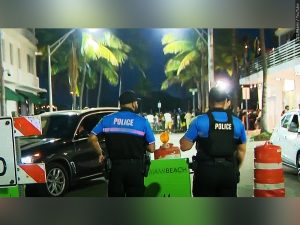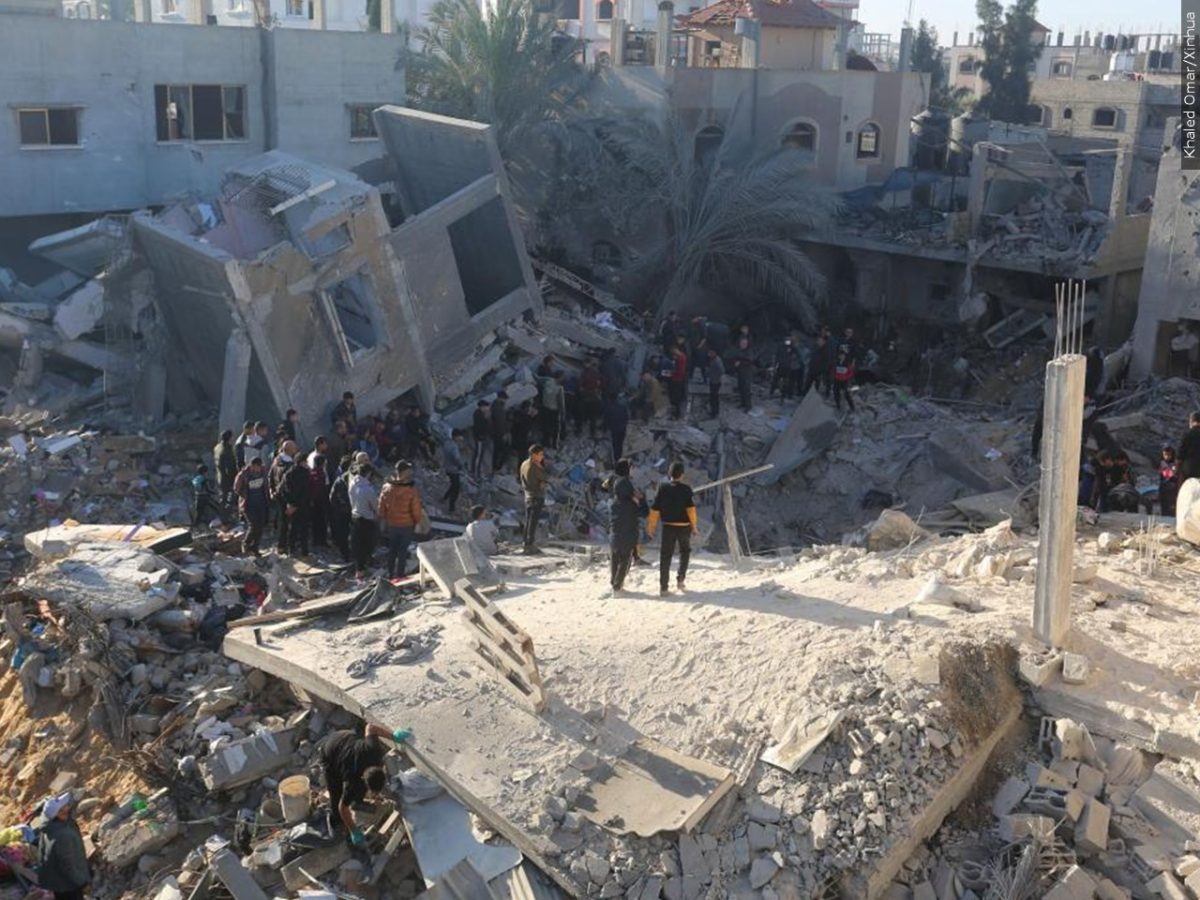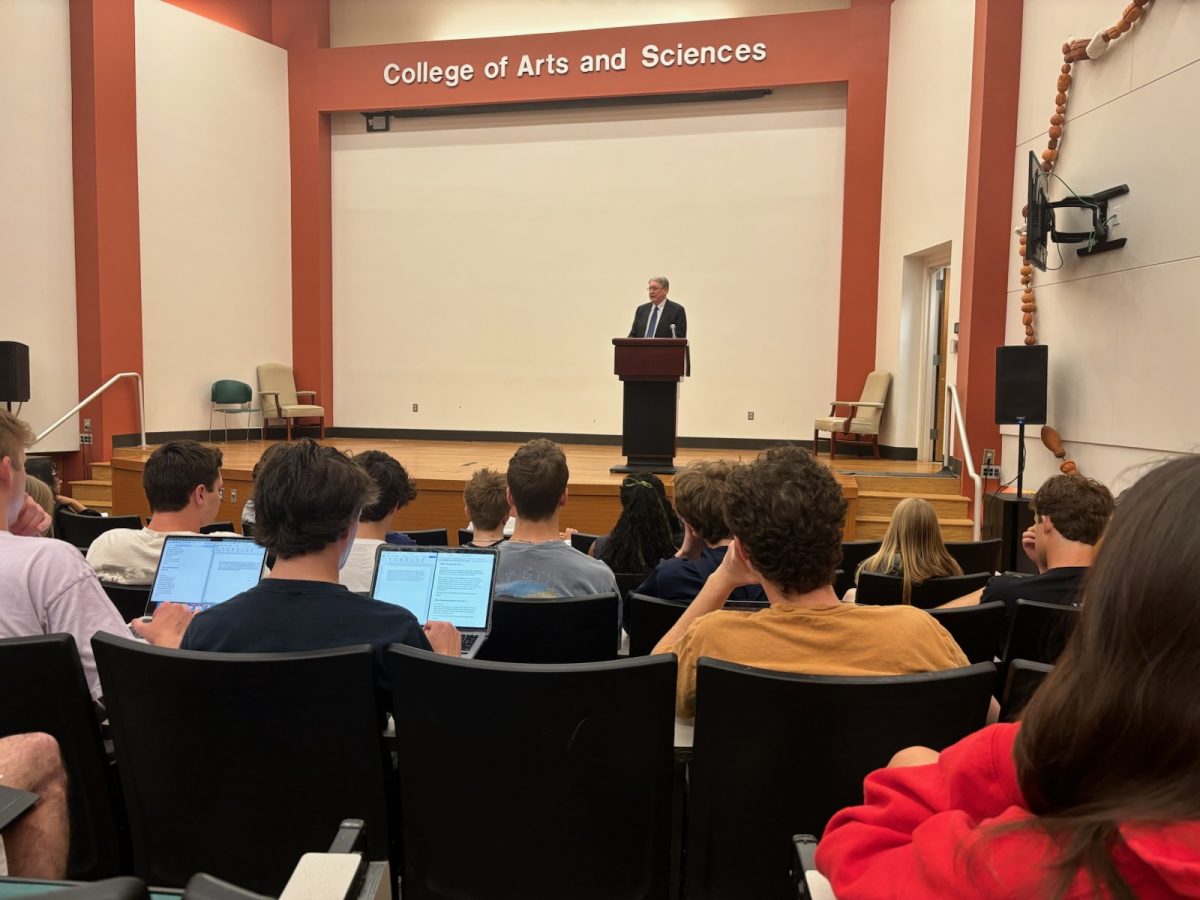A temporary ceasefire between Israel and Hamas resulted in the release of Palestinians imprisoned in Israel in exchange for hostages in Hamas. In exchange for every hostage that Hamas released, Israel agreed to free three imprisoned Palestinains.
On Friday, Nov. 24, Israel and Hamas agreed to stop all attacks through Monday, Nov. 27. The terms of the agreement stated that Israel would release three prisoners for each hostage freed by Hamas. Originally, Hamas agreed to release 50 hostages to gain 150 Palestinian prisoners during the four-day ceasefire.
However, the ceasefire was extended an additional two days — Tuesday, Nov. 28, and Wednesday, Nov. 28 — bringing the total release to 70 hostages by Hamas, meaning that Israel had then freed 210 prisoners.
Qatari and Egyptian leaders continued to work to extend the peace in the region and successfully negotiated a seventh day of the ceasefire on Thursday, Nov. 30. During this time, 10 more hostages were set free in exchange for 30 imprisoned Palestinians, per the same terms as the original ceasefire.
The United States, Qatar and Egypt report that their representatives and officials had been working to arrange a pause in the conflict and negotiate the release of hostages since October. Although the U.S. played a role in communicating and negotiating with Hamas over the last few months, overseeing the release of the hostages is credited primarily to Qatar and Egypt.
These efforts have been kept very quiet and were carefully guarded to ensure their success due to the fact that public attention on the negotiations risked jeopardizing the safe return of the individuals held hostage.
In addition to the 70 hostages freed through these negotiations, Hamas released another 31 people, specifically including Thai citizens and Russian-Israeli dual citizens. Hamas has now freed a total of 17 Thai citizens as well as two Filipinos.
Nearly all of the hostages that have been released have been women and children. Hamas reportedly still holds an estimated 140 hostages, most of whom are Israeli soldiers or able-bodied men, who could fight.
Since Hamas’s Oct. 7 attack on Israel and Israel’s subsequent declaration of war, the Gaza Strip has been the center of a bloody war. It is estimated that there have been over 14,000 deaths in the region since this conflict began. However, this week of peace has brought hope to diplomats and leaders that a resolution to this conflict is achievable.
By extending the ceasefire in small increments over and over, an opportunity is created for leaders to focus on strategies and terms of potential peace rather than put every effort into planning aggression and war strategy.
In addition, the brief pause in the war also provided an opportunity to get humanitarian aid to the people in Gaza.
Dennis Francis is the president of the United Nations General Assembly. On Tuesday, Francis addressed the Assembly to brief them on how the ceasefire has provided room to aid the suffering civilians in Gaza.
“I reiterate my call for a longer-term humanitarian ceasefire so food, water and desperately needed medical aid can reach all those in need in the Gaza Strip and all affected areas,” Francis said.
Although the war is between Israel and Hamas, the Palestinian people are suffering greatly from the war. Anecdotes on all major news outlets share stories of the daily hunt for food and water and the realities of living under siege in a warzone.
This short halt in the assault has allowed outside nations and groups to get some humanitarian aid into the region. Although diplomats like Francis are grateful for the short break, they say that it is not enough to significantly relieve the incredible challenges facing the Palestinians.
Sicilia Reed is a senior mass communication major at GC. She has been keeping up with the war as events have unfolded and, like many people across the globe, was thankful to hear a ceasefire was underway.
“I feel that a ceasefire is absolutely necessary,” Reed said. “I think the hostage situation and exchanging is just the start, and I really hope that it does continue to grow into a peaceful conversation. Can there be peace, and can we achieve some sort of common ground with these historical civilizations?”
The temporary calm came to an end early Friday, Dec. 1. NPR reports that by Friday afternoon, Israel had already resumed the conflict, launching over 200 airstrikes on Gaza. The renewed assault reportedly killed 178 and injured nearly 600. Israel claims that Hamas had fired toward Israel, which constituted a violation of the ceasefire, leading Israel to halt the temporary truce.
As of Dec. 4, Israel and Hamas have resumed war. Although it did not lead to long-term resolution, the brief ceasefire was not without benefit for the many hostages and prisoners that can now return to their families and to freedom.

















